In his work,Timothée Calame reveals the fracture between public fiction and intimate experience by evoking the objects and infrastructures that shape our lifestyles. In this exhibition, he presents two new series of drawings and paintings. These two series work together to create a big rebus puzzle which associates the visible and the legible, in which the artist proffers the affected mirage of politics and real-life narratives from the margins of society. We are given the task of deciphering the conditions, the dialectic regime of disenfranchisement.
On four large painted panels, placards shown front and back stick out of a flower pot or a barrel. The place of their authors, barricaded, allegorizes the digital public sphere and its constantly renewed demands. The central images, thumbnail illustrations that take up very little space, are the products of a camera in which the hand, face and screen inform each other. Features full of emotion, shown from a distance, take the place of mobilization. The chairperson, portrayed with affection is silenced and captive. The image, designed to possess a force of attraction, overshadows the empty scene at its source. Obscuring, occupying the center, blocking the view, manifesting its presence. We have hints of the resources, containers that house the atomization of the struggles and the generation of individualism.
In a second series, six little planks of drawings show miniature scenes with fragmented narratives. In contrast to the stories of the big panels, the image and text bring more personal narratives to life, suggesting an exercise this time born of the concerns of a subject on the fringes. The montage, depth, and graphic construction indicate a modernism which enables the masses to project themselves. Here populism is seen from the other side. People catch viruses here while rubbing up against the social body, metaphor for the ailing climate, torn between contamination and cleanliness.
The mediation of the complaints masks the muffled sound of the data cooling fan. In these two new series, the infrastructure is not at all monstrous. It puts all the blame on the shameful bodies. Its ability to immerse us is proportional to its miniaturization. Its omnipresence creates a void and the design plans are accomplished: giving bodies their rightful place in order to include them in the law. Politics are alive. We are governed from afar. Social integration is earned. The cell phone is on. In a poetic distance; normalcy and passion.
Nicolas Brulhart
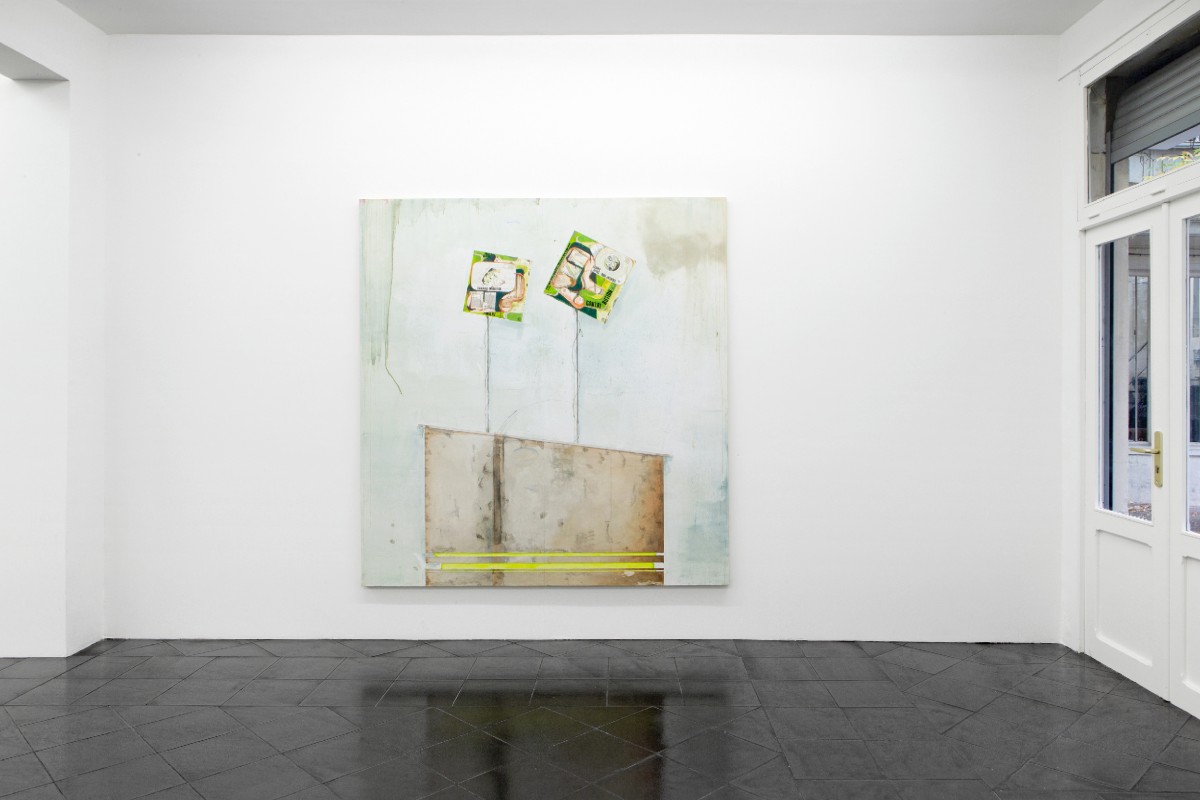 >
>
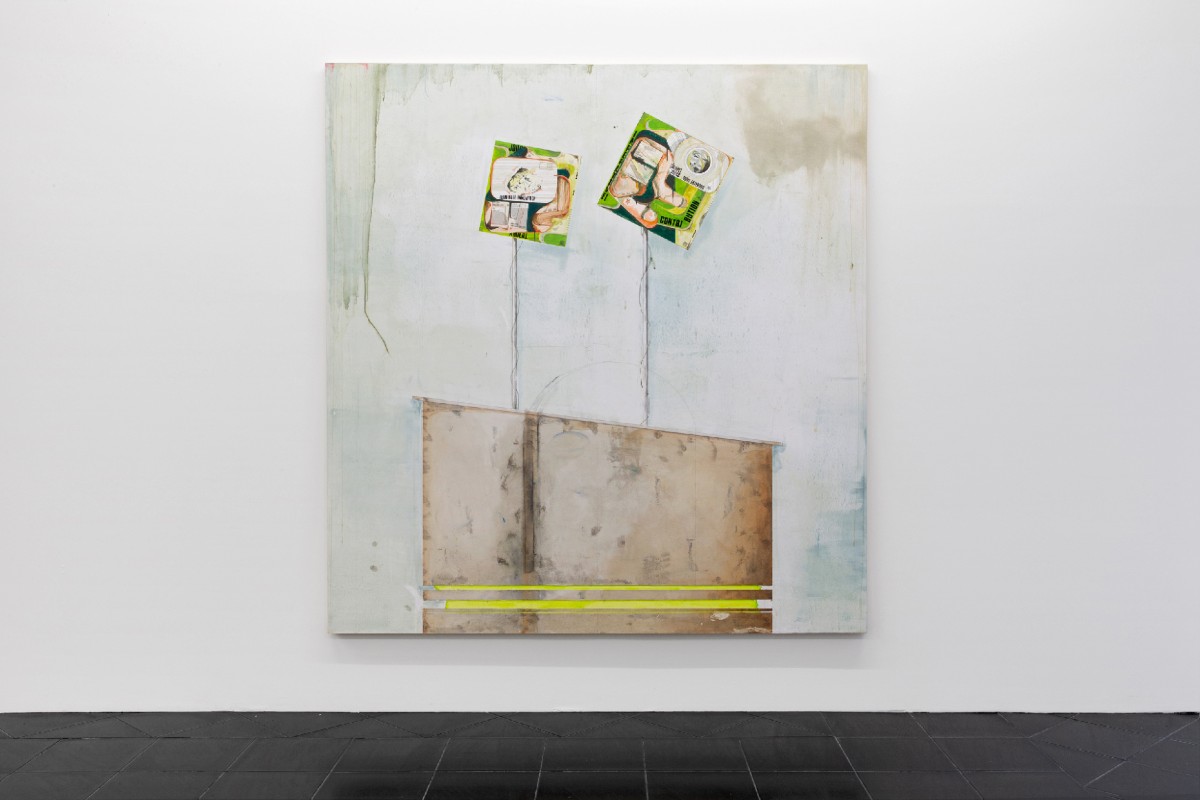 >
>
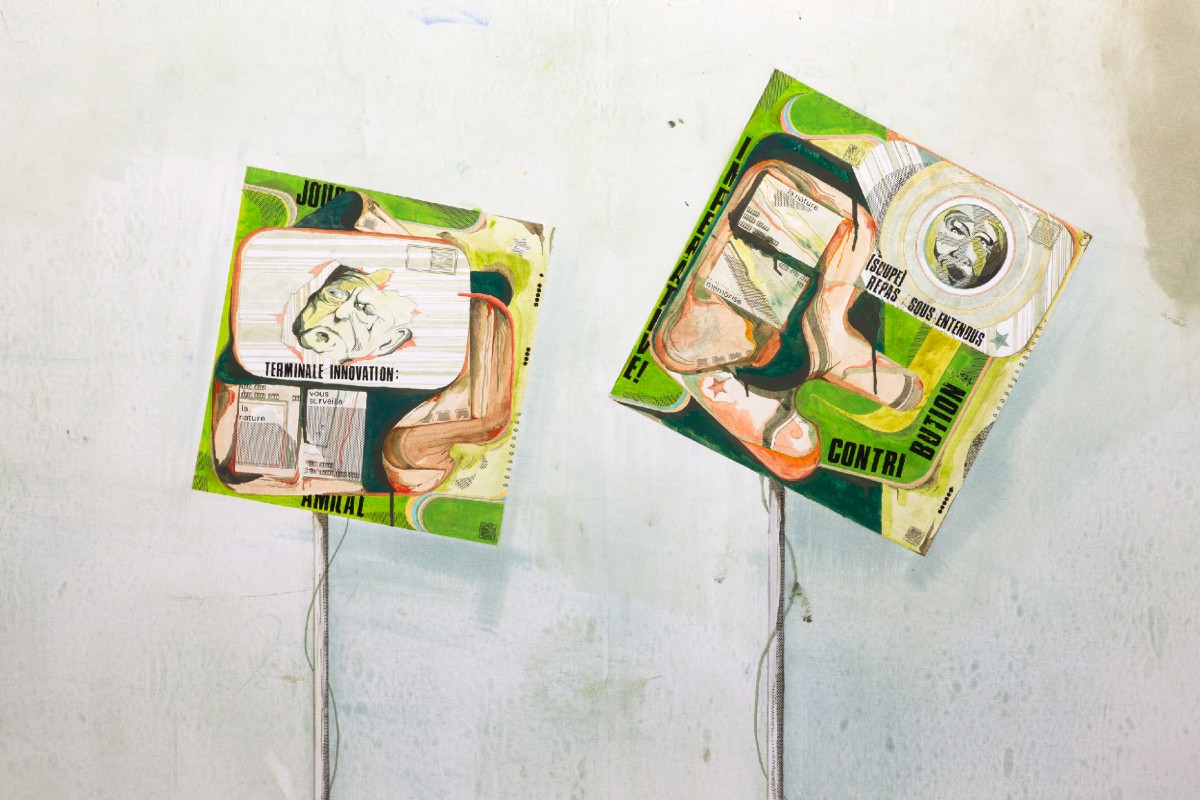 >
>
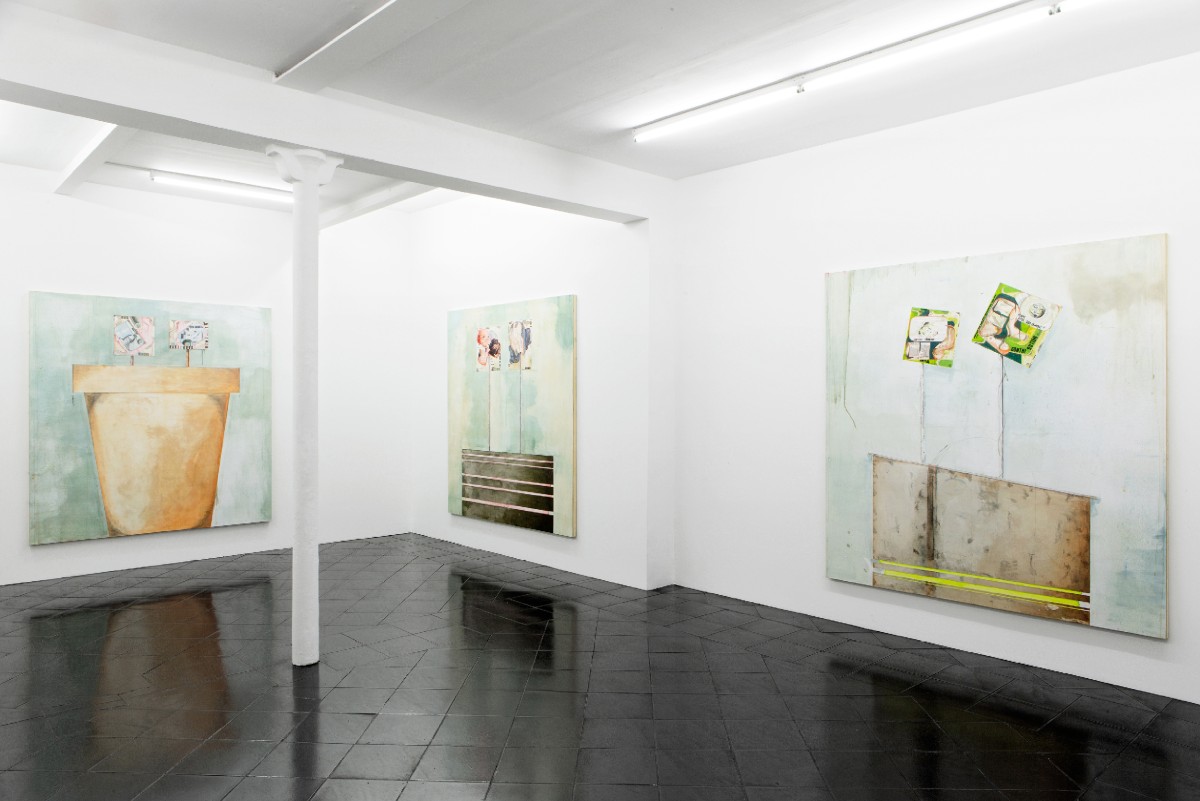 >
>
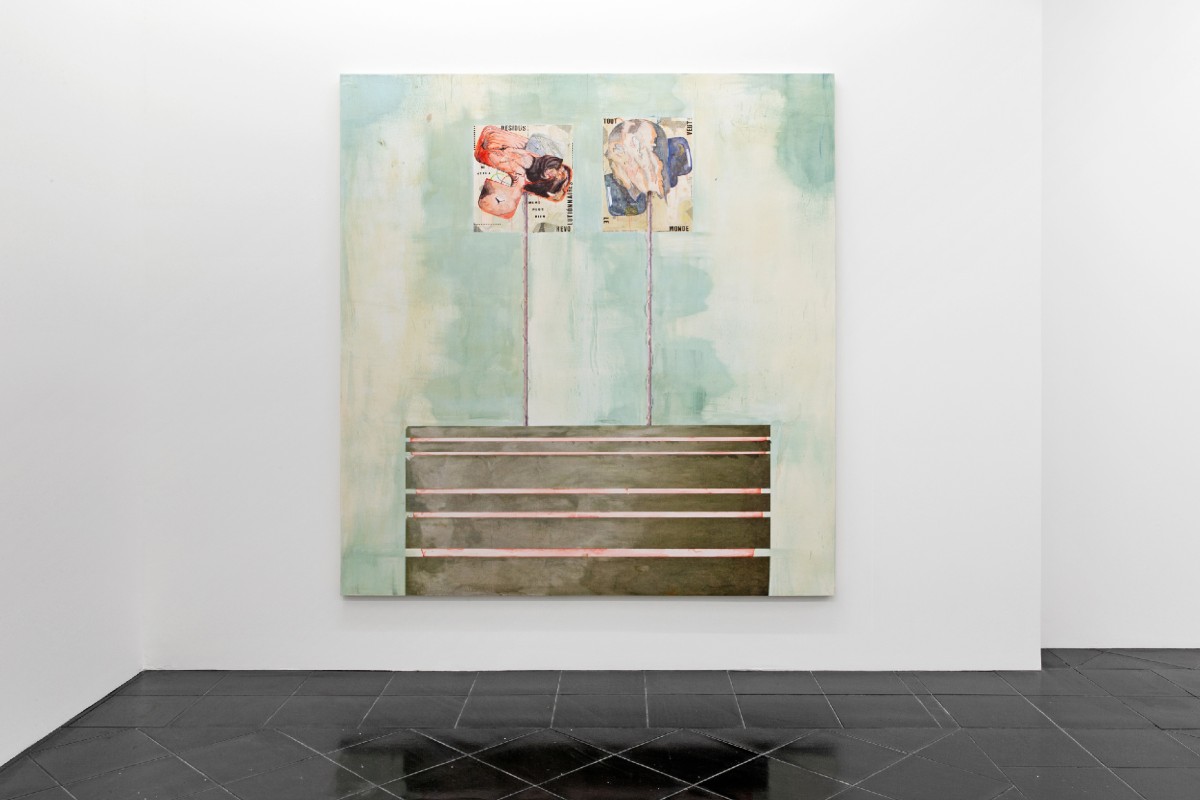 >
>
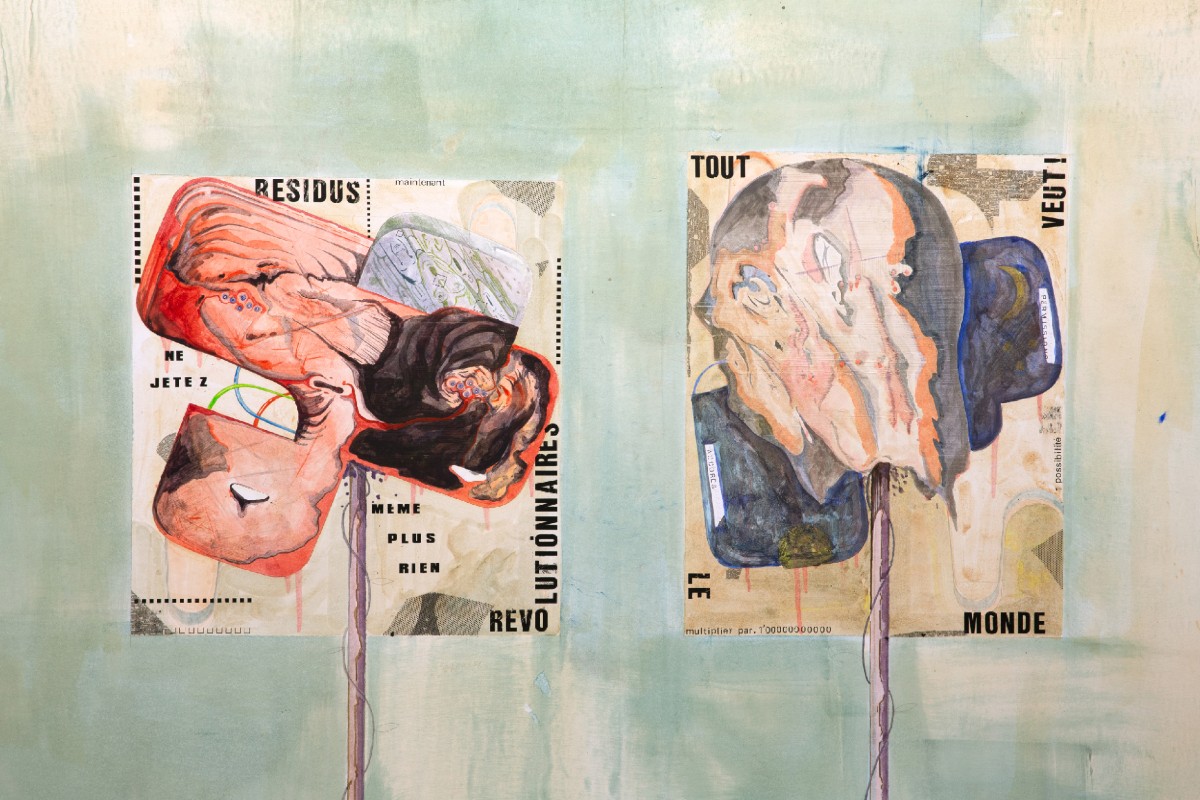 >
>
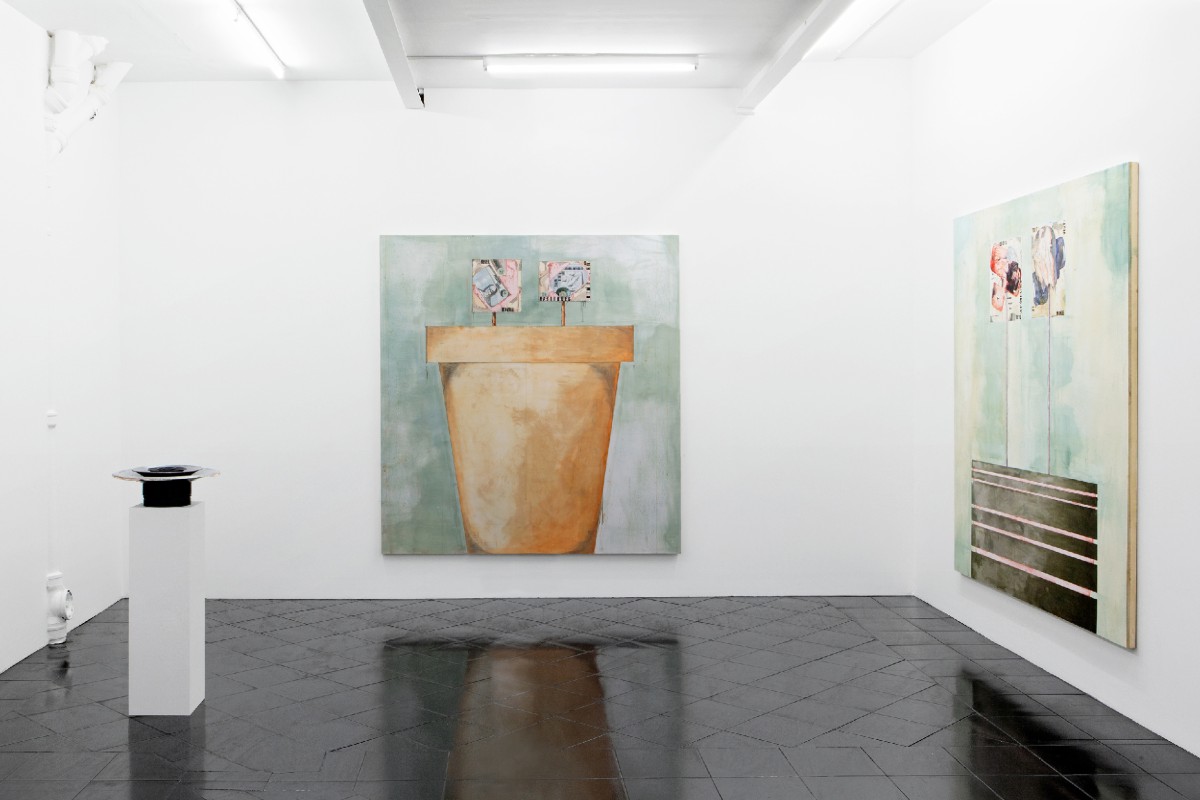 >
>
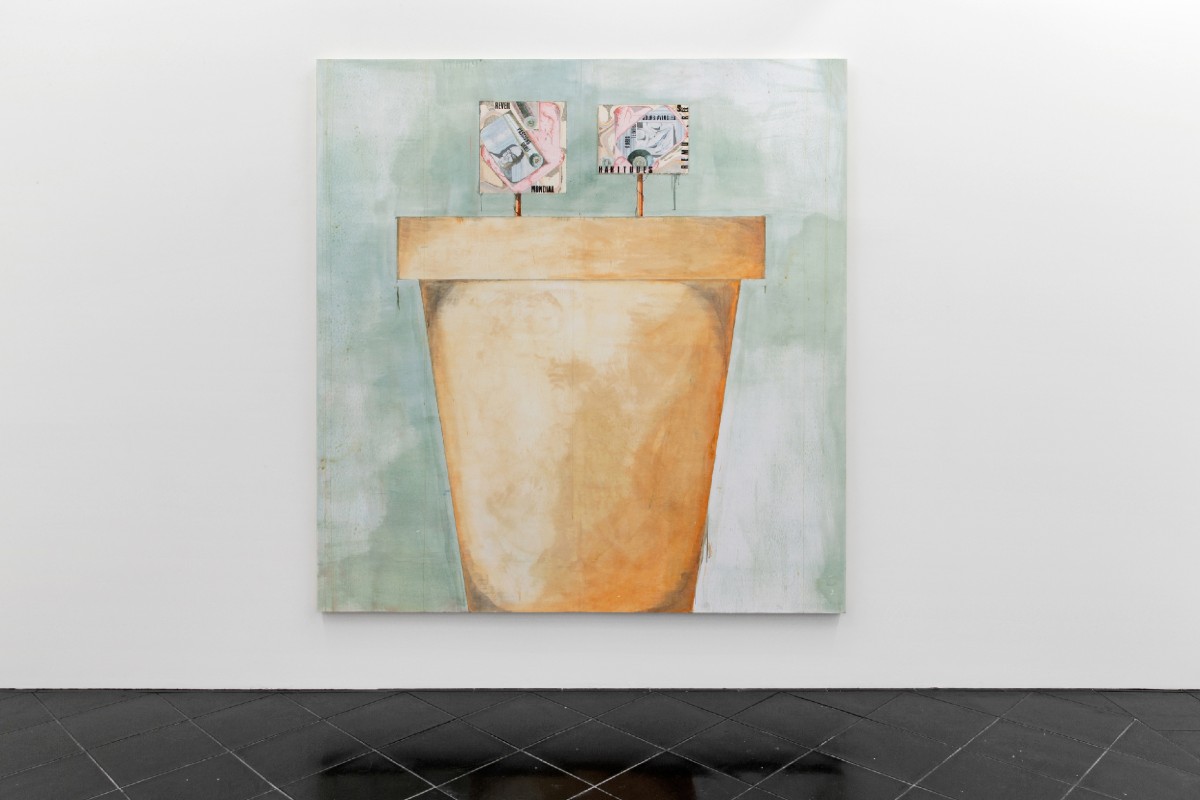 >
>
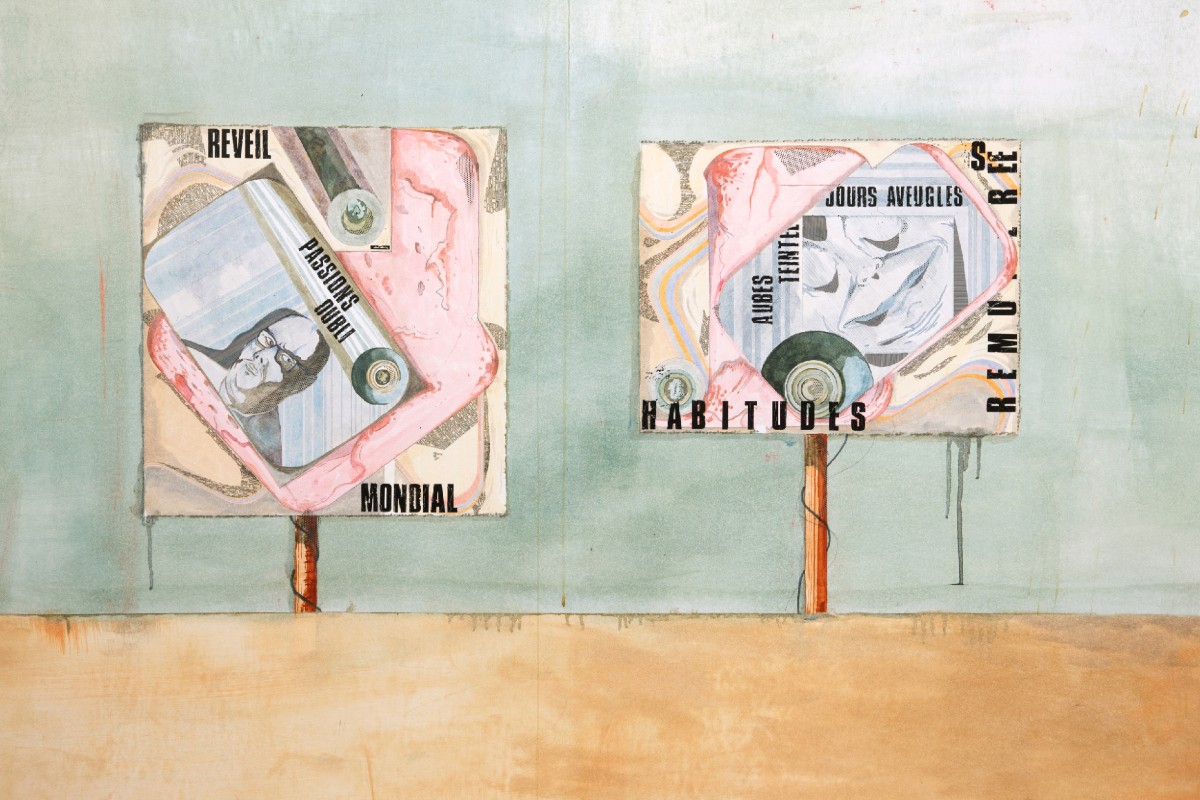 >
>
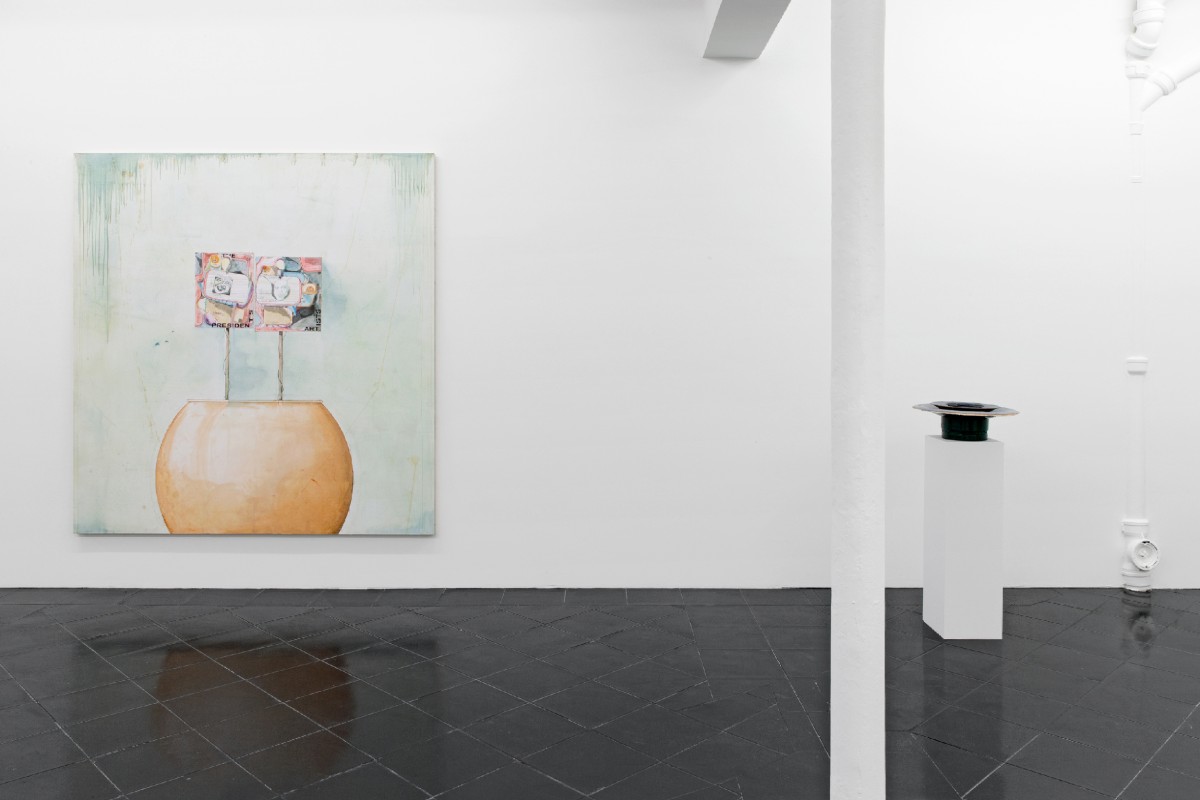 >
>
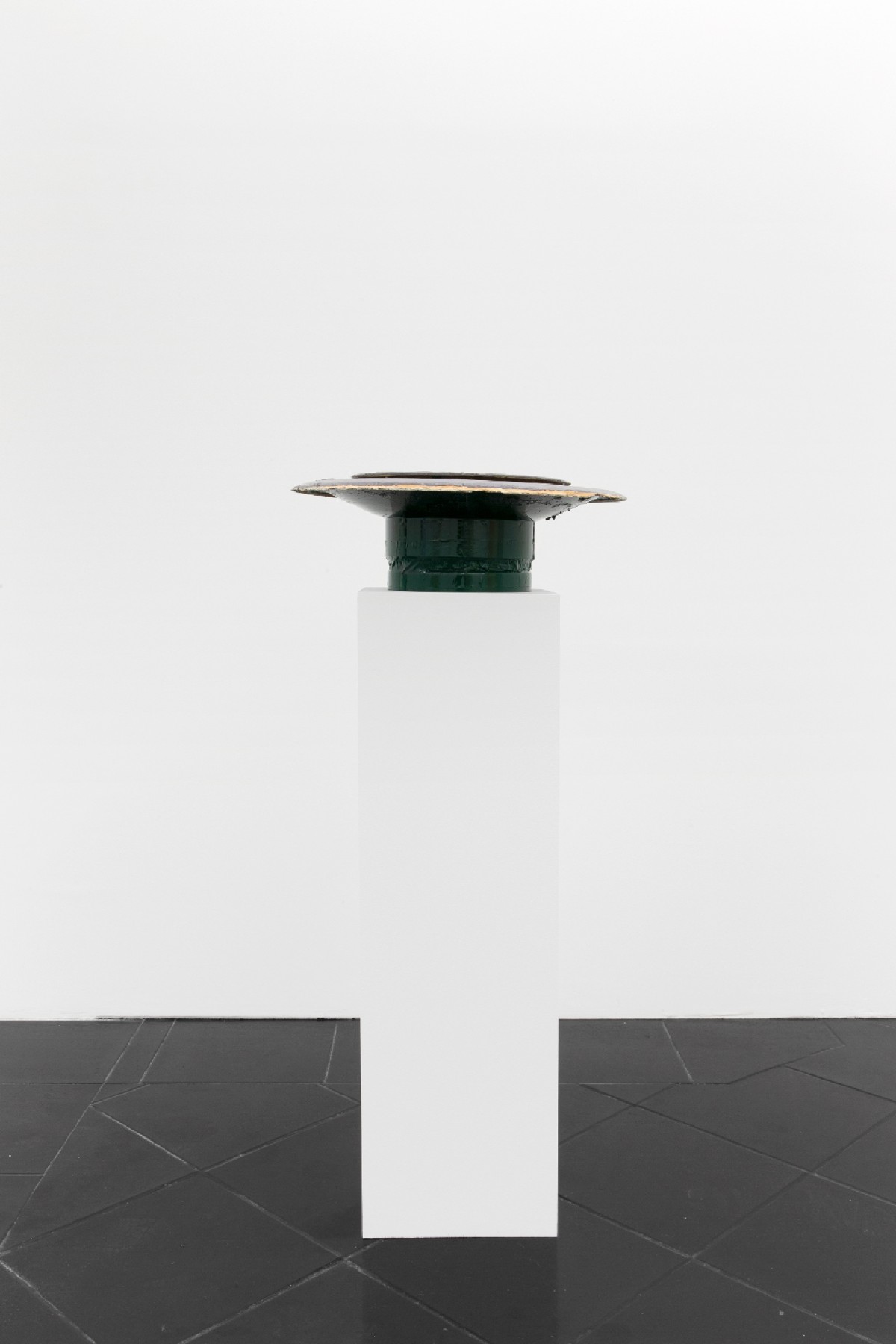 >
>
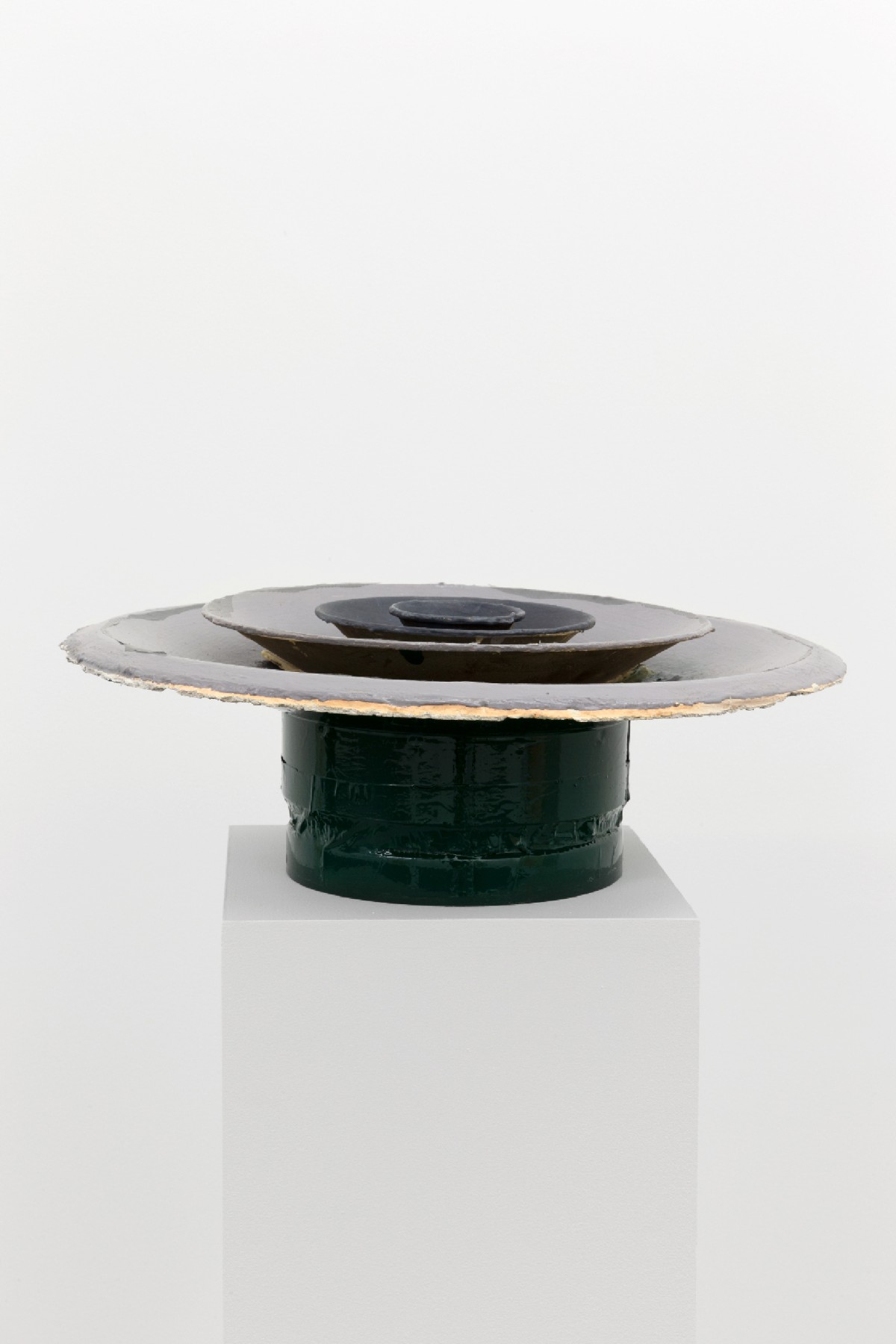 >
>
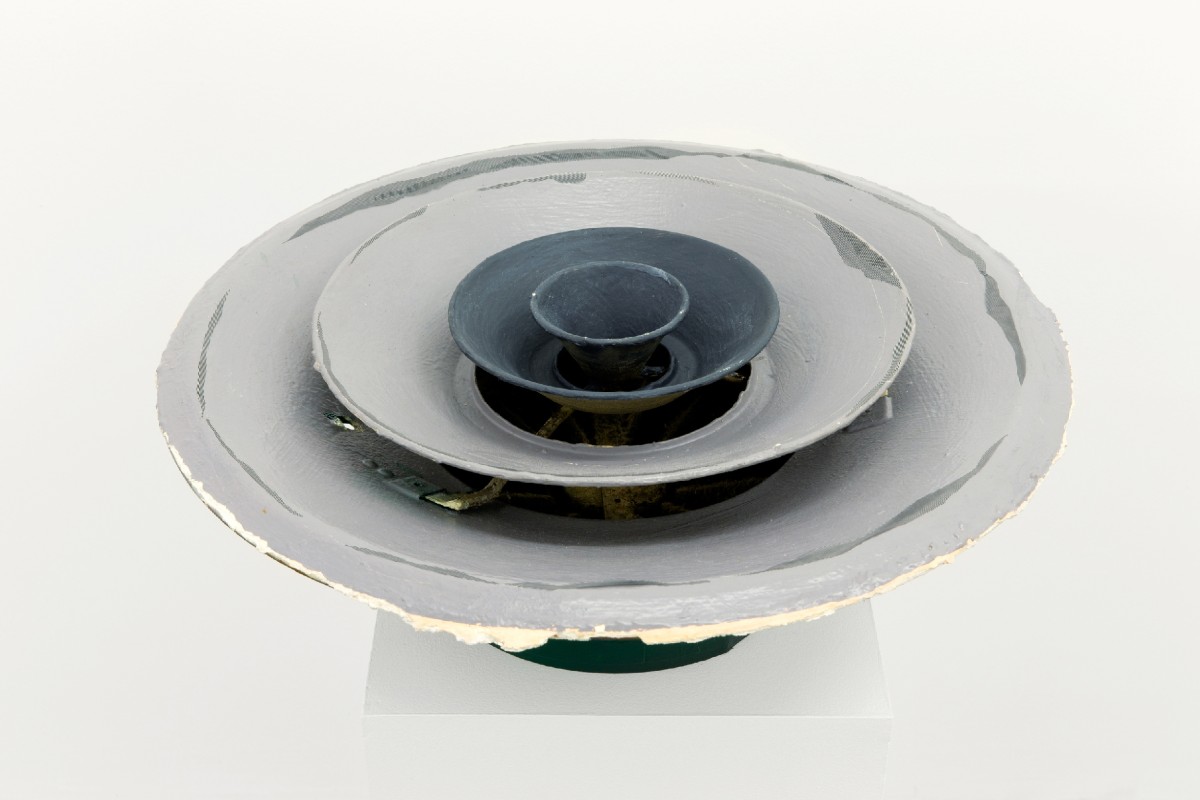 >
>
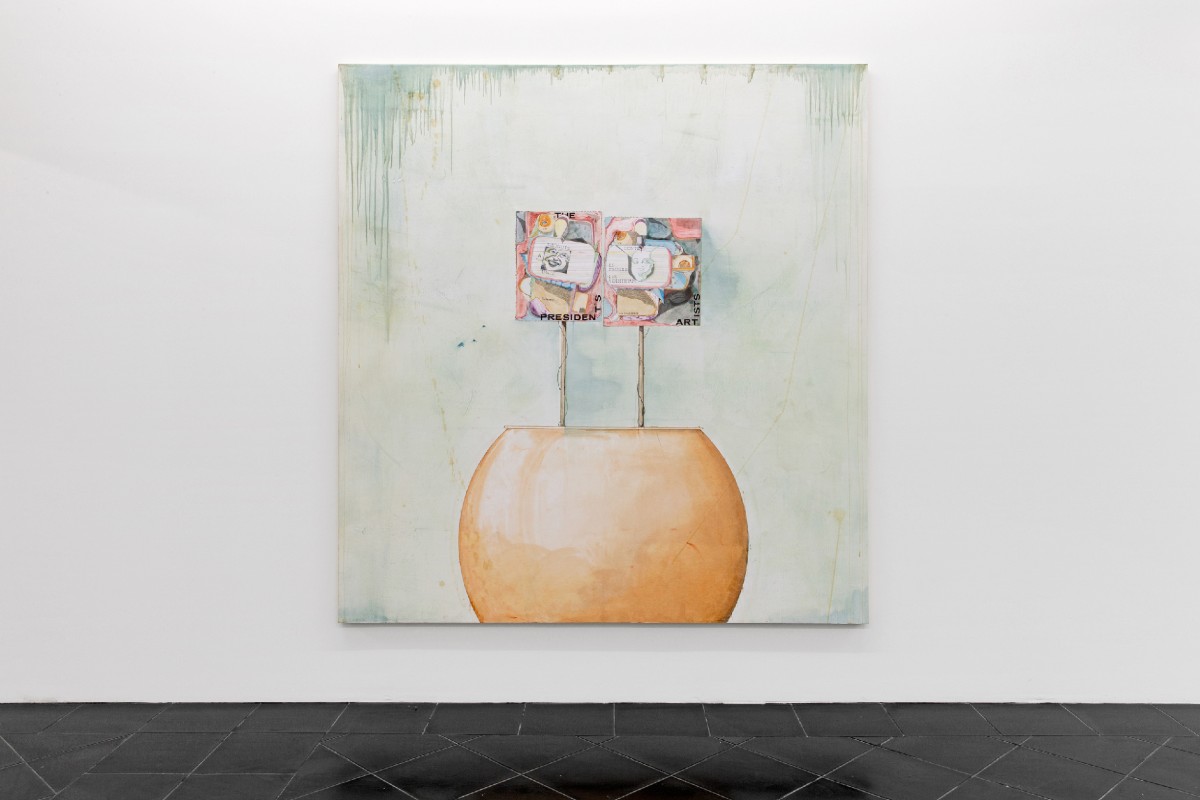 >
>
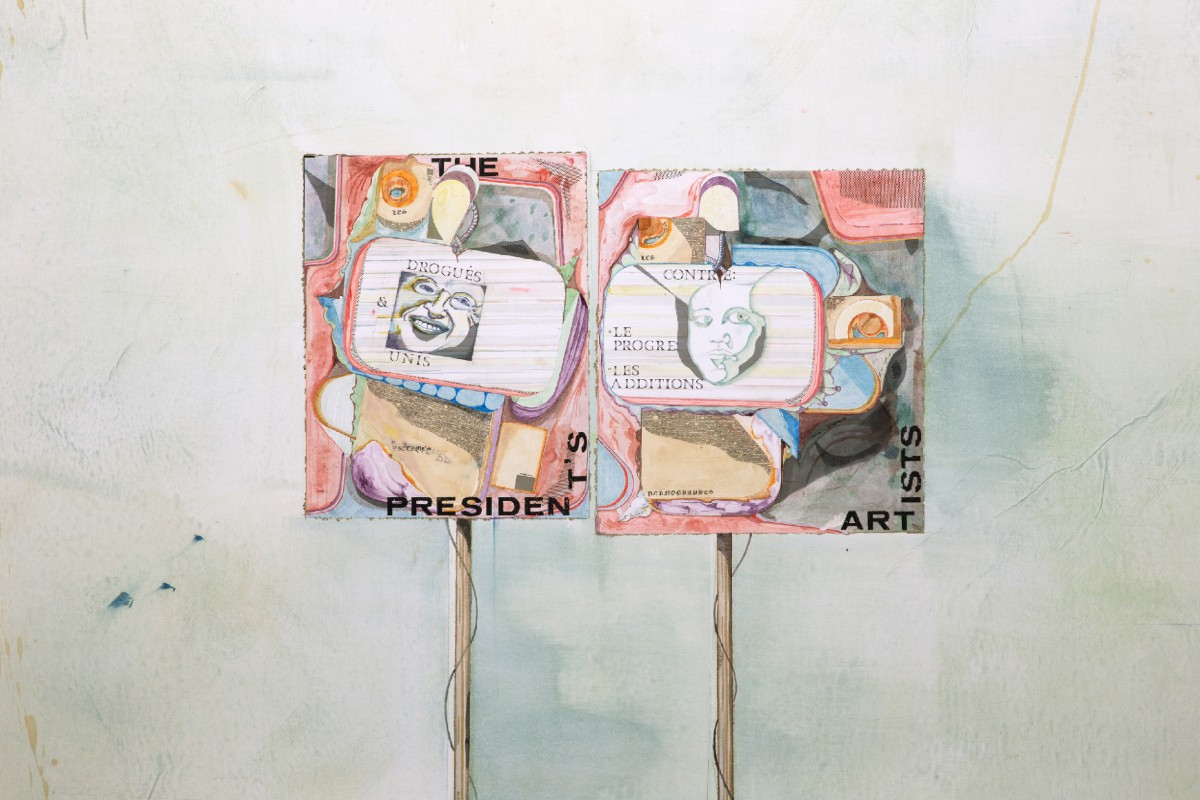 >
>
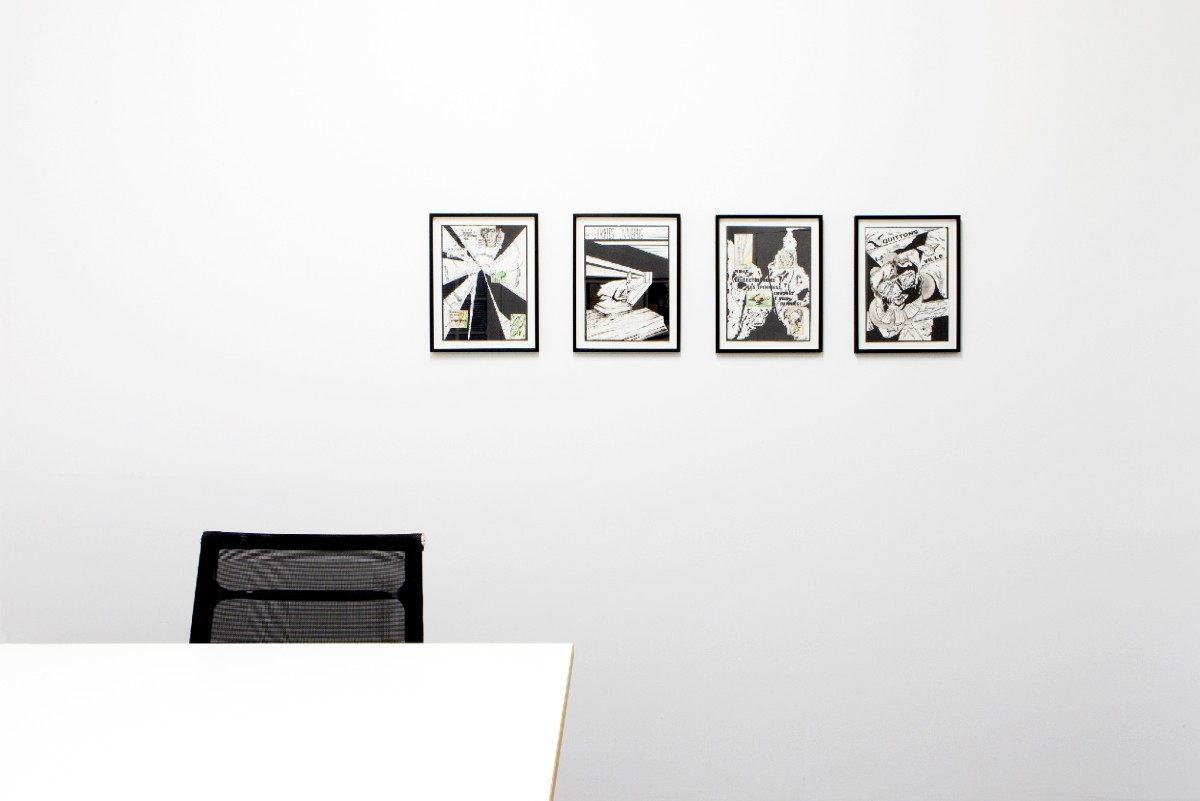 >
>
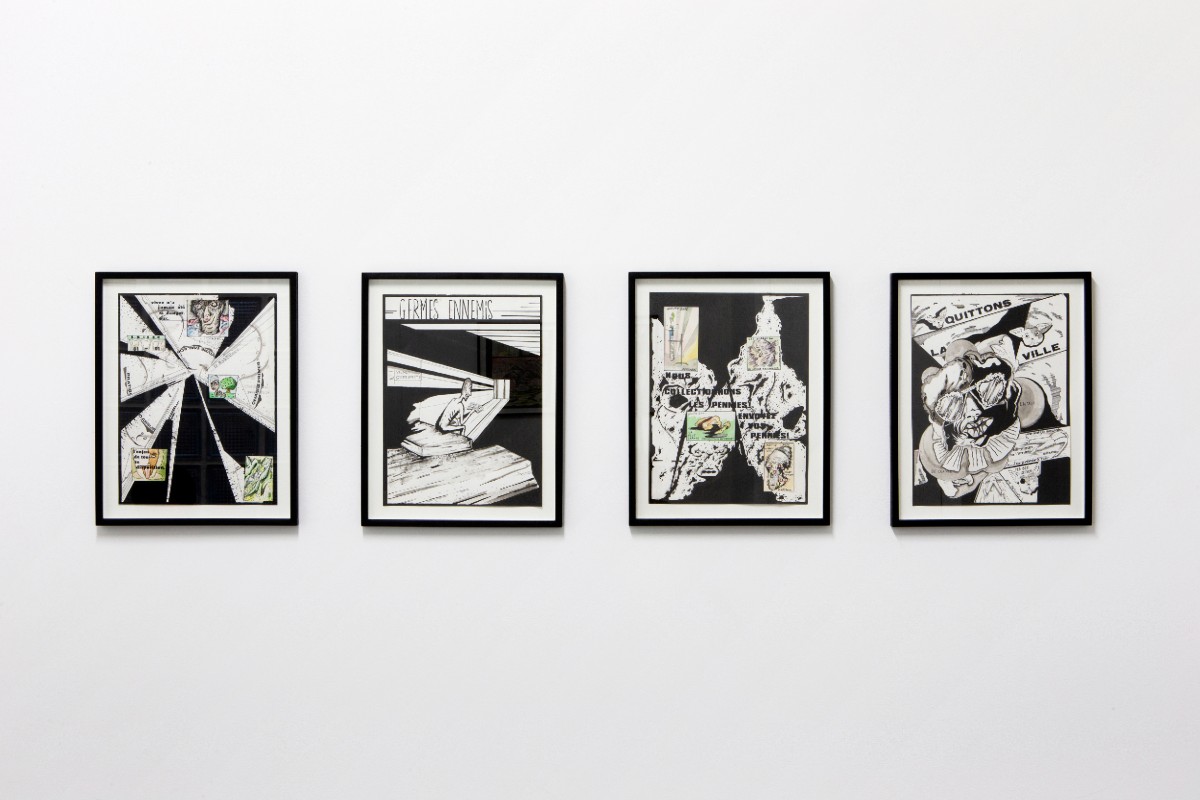 >
>
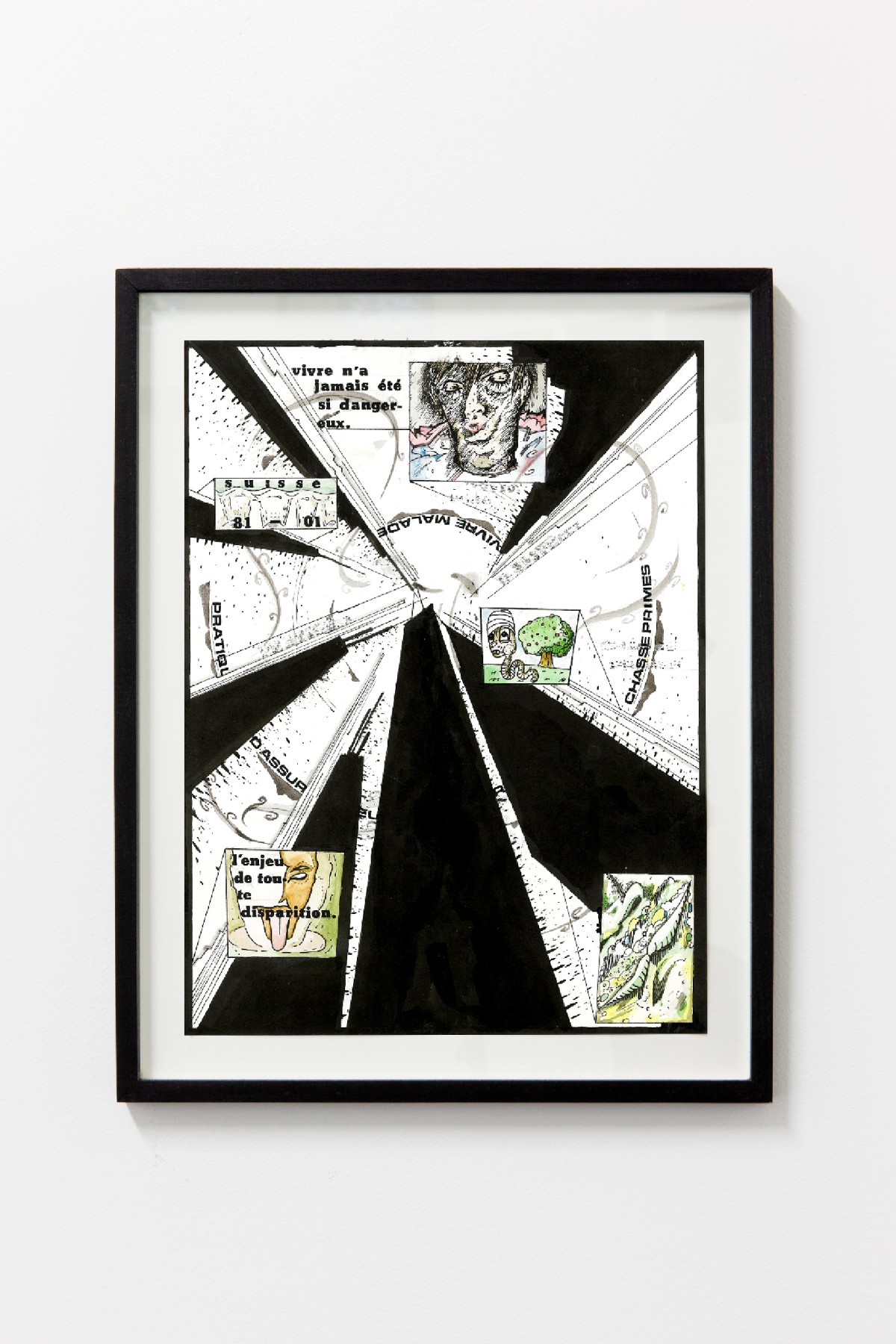 >
>
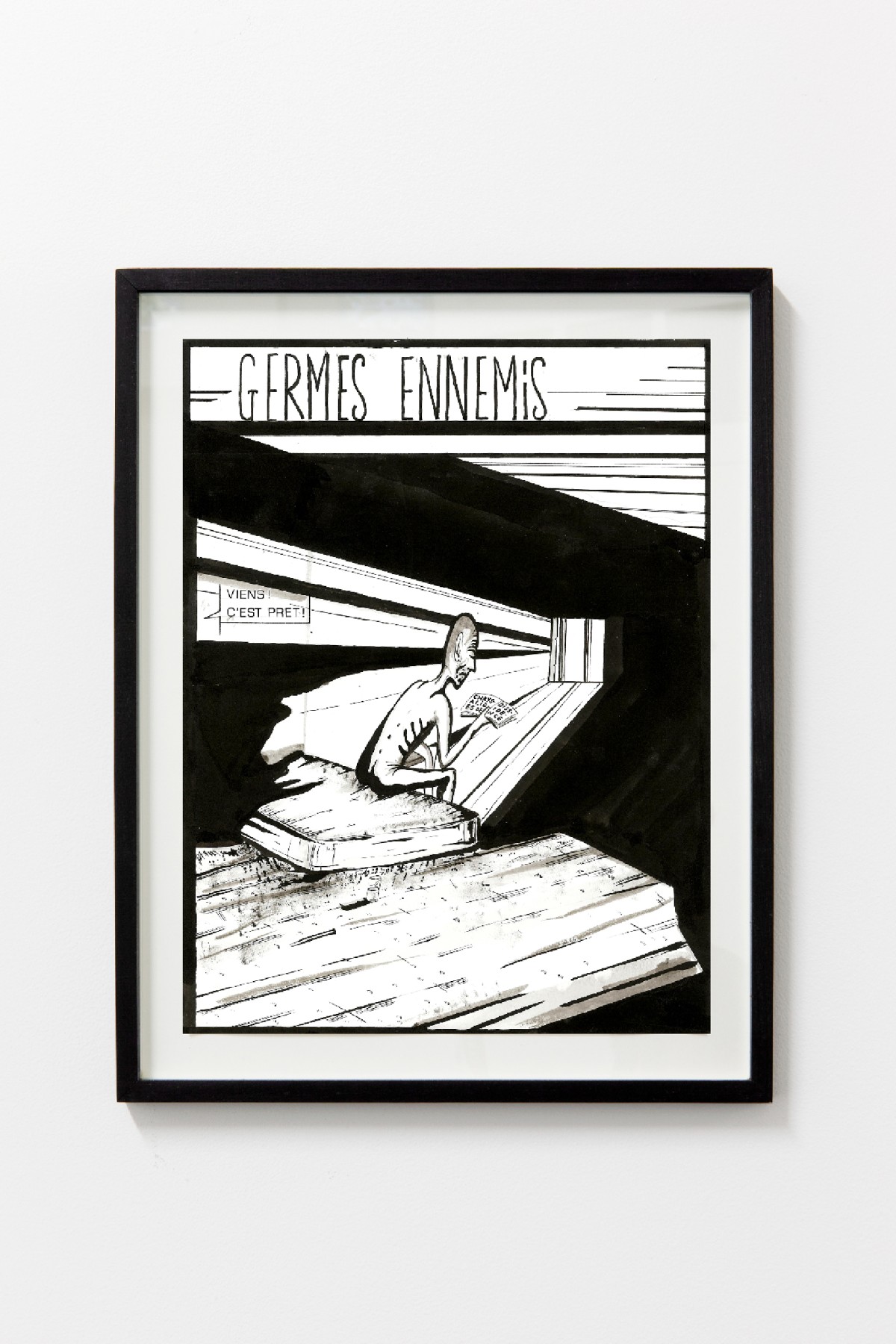 >
>
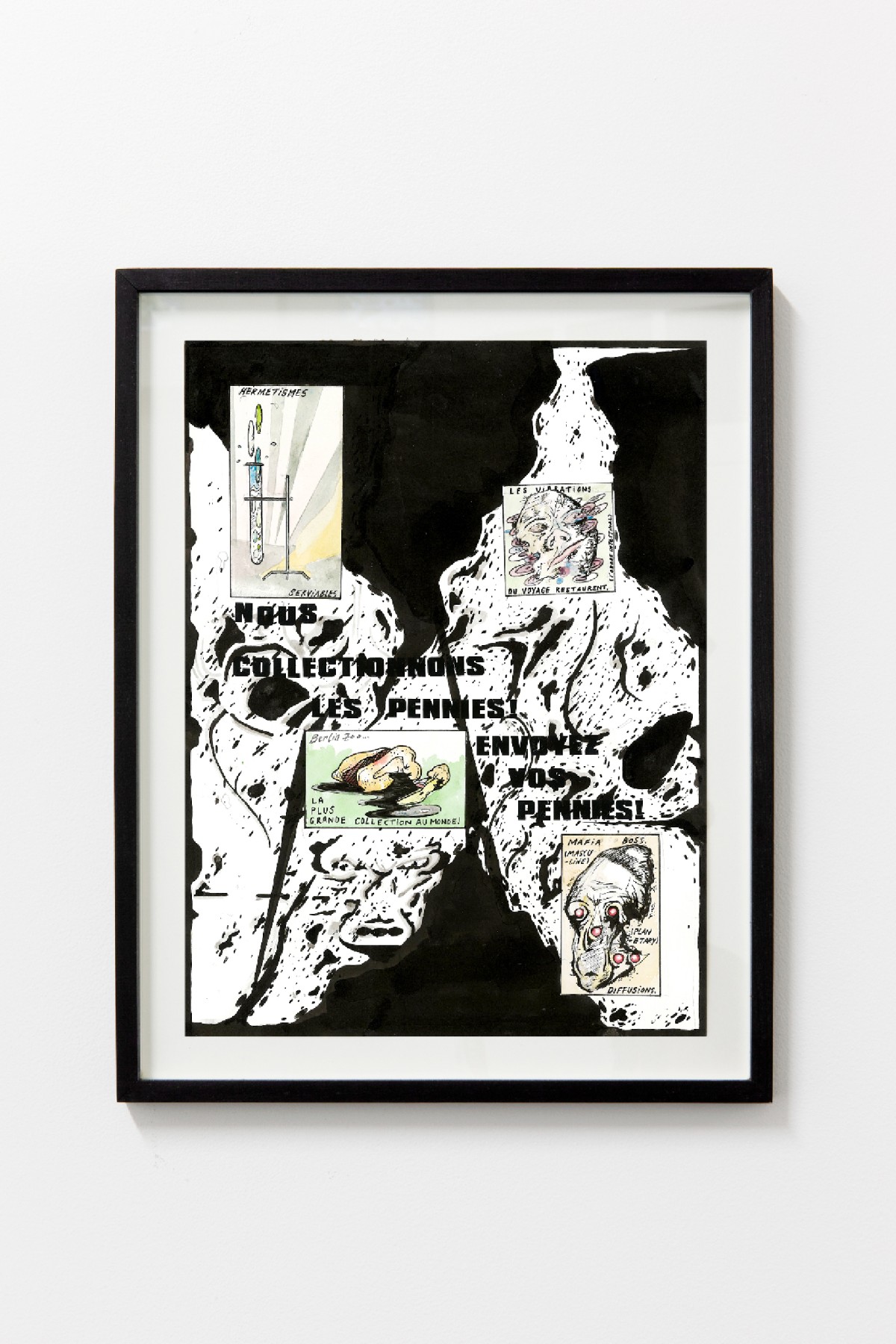 >
>
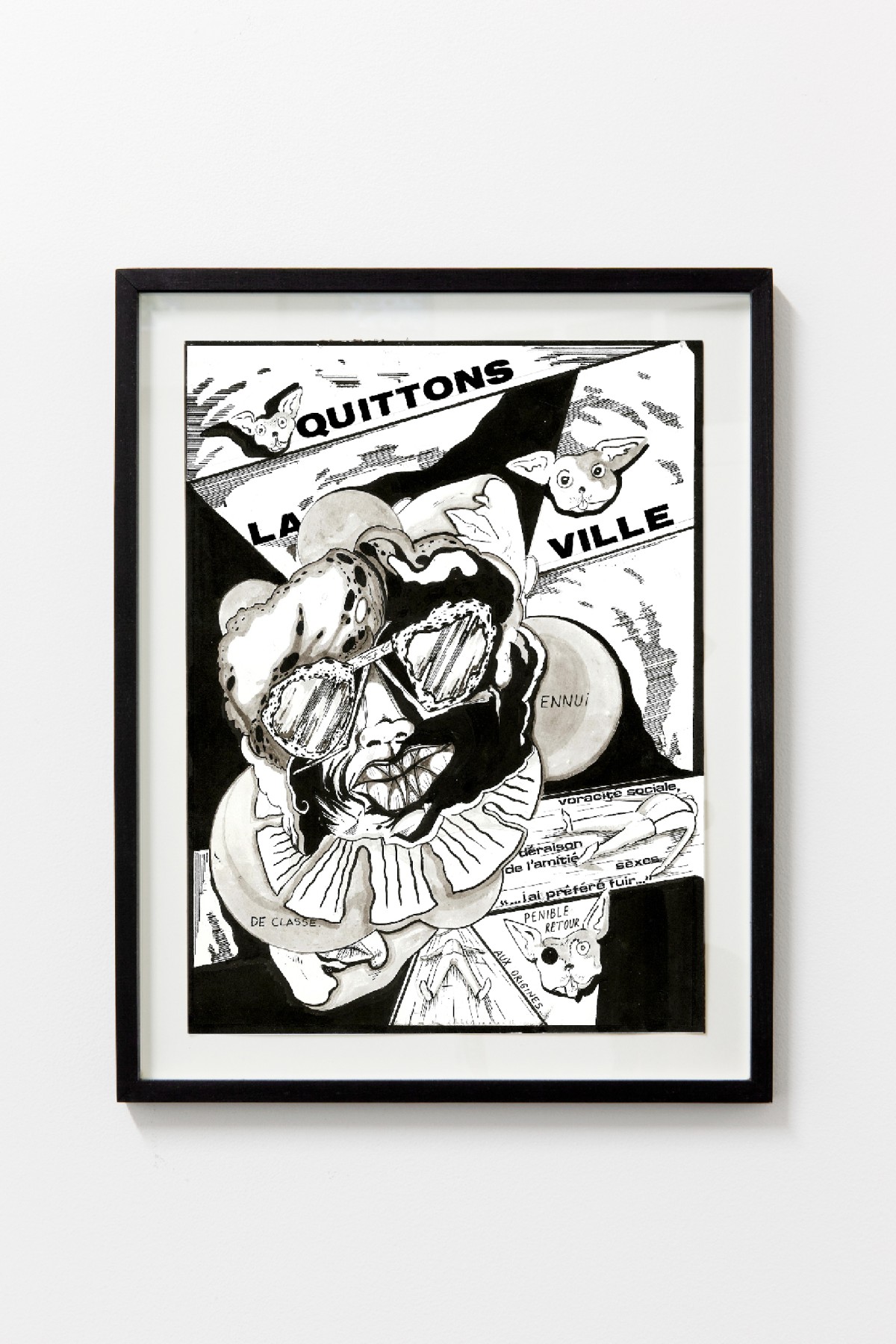 >
>
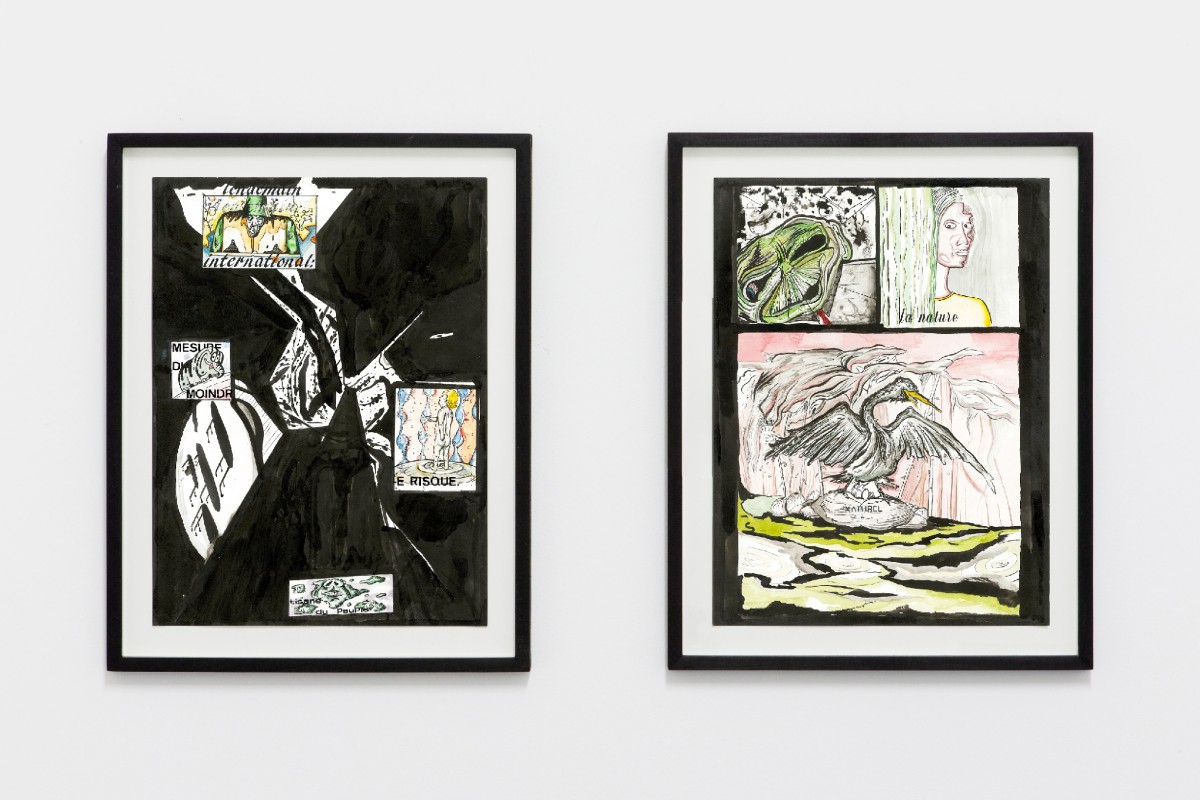 >
>